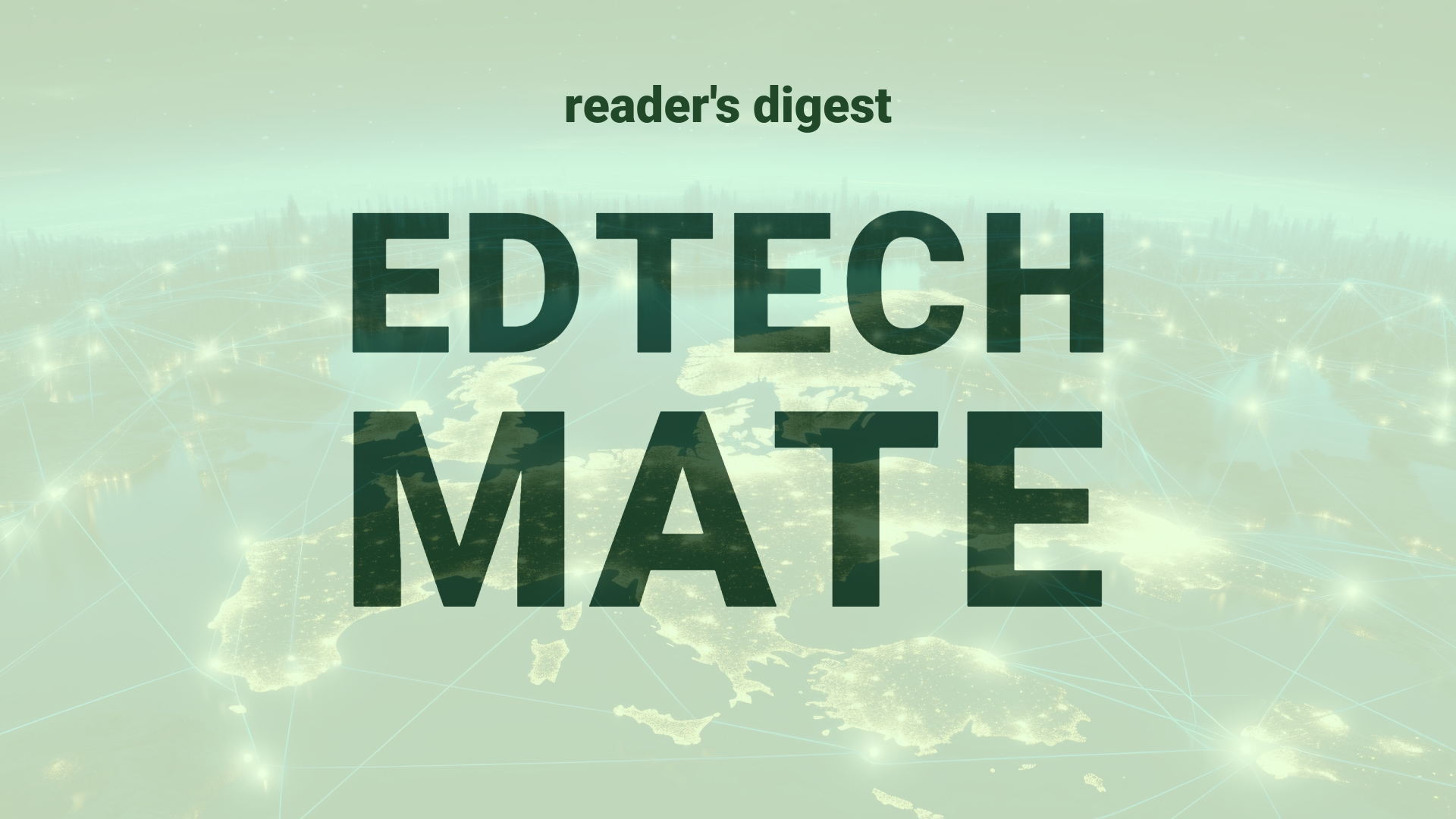Executive Summary and Main Points
The landscape of luxury travel is rapidly evolving with significant implications for the hospitality sector, including a marked growth in luxury tourism driven by the expanding wealth of global individuals. Key insights reveal that luxury travelers span various wealth levels, with differing preferences and behaviors shaped by their socio-economic status. The geographical diversity of luxury travelers is also widening, with a noticeable shift towards Asian markets, especially China. Moreover, a younger demographic is displaying a propensity to engage in luxury travel. Overall, luxury travel experiences are becoming more personalized, with a strong emphasis on exclusivity, wellness, and authentic local experiences. Contrary to shrinking relevance, loyalty programs, and personal touch services like travel advisors, remain pivotal in the luxury travel industry.
Potential Impact in the Education Sector
Developments in luxury travel, particularly the demand for personalized and high-quality experiences, can inform Further and Higher Education as well as Micro-credential providers to strive for premium, customized educational offerings. Educational institutions may look towards crafting exclusive programs for a burgeoning demographic of global wealth. Strategic partnerships with luxury brands and service providers could enable experiences that blend education with high-end accommodation and networking opportunities. The increasing prominence of Asian markets might catalyze the creation of geographically targeted educational programs for affluent populations in these areas.
Potential Applicability in the Education Sector
Innovative applications of AI and digital tools can enhance the global education system by mimicking the customizations seen in the luxury travel sector. Virtual learning environments could be tailored to provide exclusivity and personalized learning paths. Additionally, digital micro-credential platforms may adopt loyalty program structures to reward continuous learning and engage affluent learners. AI-enabled advisory services can guide students through personalized education journeys, much like luxury travel concierges who curate individualized experiences. These tools can be particularly effective in attracting younger, tech-savvy populations who seek authenticity and connectivity in their learning experiences.
Criticism and Potential Shortfalls
While these trends are transformative, they present potential shortfalls. Education systems must balance digital innovations with ethical considerations, ensuring equitable access across different socio-economic groups. The emphasis on luxury and exclusivity in education may inadvertently exacerbate social divides. International case studies illustrate that implementing high-end education programs in emerging markets must also consider cultural sensitivities and local educational norms. It’s vital that education providers remain vigilant about inclusion and sustained investment in universal access to high-quality education.
Actionable Recommendations
Education leaders should explore the integration of luxury hospitality principles by creating premium, bespoke educational offerings that cater to diverse and affluent student bodies. Institutions should develop strategic alliances with luxury brands and technology firms to offer enriched learning experiences. Incorporating AI for customized learning experiences and adopting loyalty frameworks to incentivize ongoing participation in educational programs are further recommended actions. It is crucial for leadership to ensure that any these endeavors also reinforce the institution’s commitment to diversity, inclusion, and the democratization of education.
Source article: https://www.mckinsey.com/industries/travel-logistics-and-infrastructure/our-insights/updating-perceptions-about-todays-luxury-traveler

